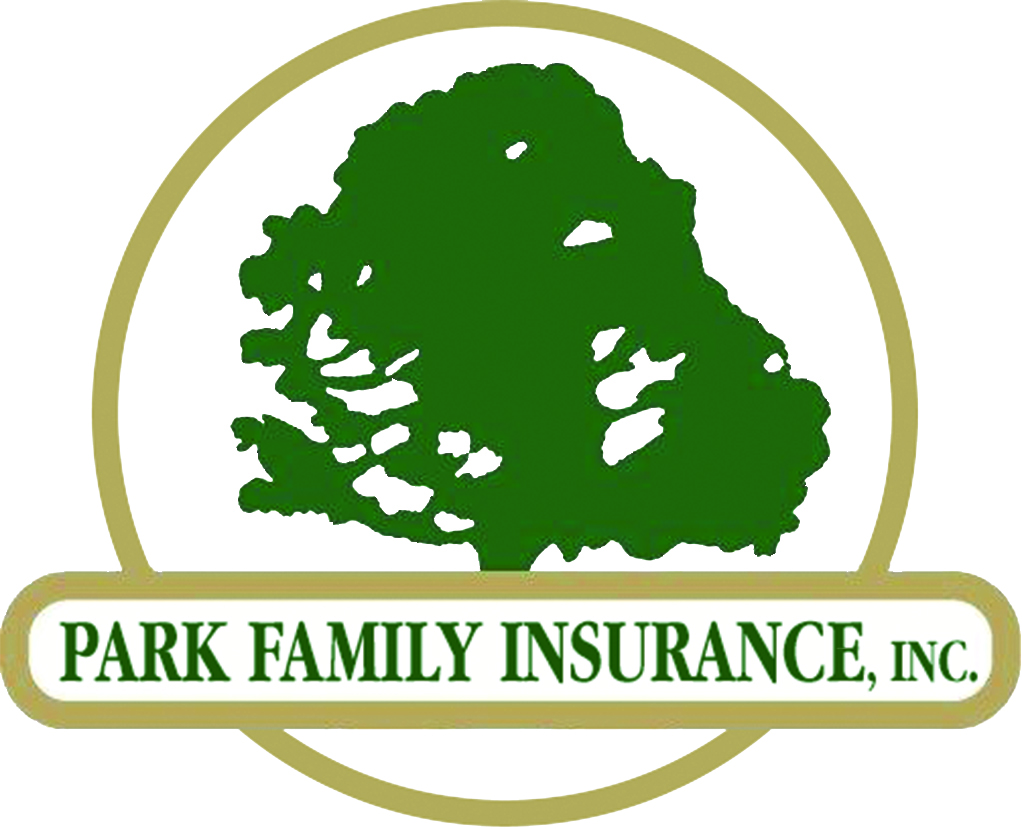Don’t panic! Chances are, the IRS is not going to come knocking on your door. The audit rate in 2014 on individual returns was 0.86% and only 0.84% in 2015. The IRS looks at various factors ranging from income level to the types of deductions or losses claimed. Math errors may draw inquiries but rarely lead to a full blown audit. Although there is no hard and fast formula to avoid an audit, there are several red flags that could increase your chances.
1. Running a small business. Schedule C is a treasure trove of deductions for self-employed taxpayers. But it’s also a gold mine for IRS agents, who know from experience that self-employed persons sometimes claim excessive deductions and don’t report all of their income. The IRS looks at both higher-grossing sole proprietorships and smaller ones. Special scrutiny is also given to cash-intensive businesses such as taxis, car washes, bars, hair salons, restaurants and the like, as well as to small-business owners who report a substantial net loss on Schedule C.
2. You make a lot of money. Although the overall individual audit rate is only about one in 119, the odds increase dramatically as your income goes up. IRS statistics for 2014 show that people with incomes of $200,000 or higher had an audit rate of 2.71%, or one out of every 37 returns. Report $1 million or more of income? There’s a one-in-13 chance your return will be audited. The audit rate drops significantly for filers making less than $200,000: Only 0.78% (one out of 128) of such returns were audited during 2014. We’re not saying you should try to make less money — everyone wants to be a millionaire. Just understand that the more income shown on your return, the more likely it is that you’ll be hearing from the IRS.
3. You make large charitable deductions. (Not the donations to Goodwill). We all know that charitable contributions are a great write-off and help you feel all warm and fuzzy inside. However, if your charitable deductions are disproportionately large compared with your income, it raises a red flag. That’s because the IRS knows what the average charitable donation is for folks at your income level. Also, if you don’t get an appraisal for donations of valuable property, or if you fail to file Form 8283 for noncash donations over $500, you become an even bigger audit target. And if you’ve donated a conservation or facade easement to a charity, chances are good that you’ll hear from the IRS. Be sure to keep all your supporting documents, including receipts for cash and property contributions made during the year.
4. Failing to report all taxable income. The IRS gets copies of all 1099s and W-2s you receive, so make sure you report all required income on your return. IRS computers are pretty good at matching the numbers on the forms with the income shown on your return. A mismatch sends up a red flag and causes the IRS computers to spit out a bill. If you receive a 1099 showing income that isn’t yours or listing incorrect income, get the issuer to file a corrected form with the IRS.
These are just a few ‘red flags’ to be aware of. There are many websites with a great deal of information to help you with taxes if you prepare your own return. But, if you have questions, and really want to avoid scrutiny, use the services of a certified CPA, or licensed tax preparer.
Okay, now you can relax!
Thank you for visiting our blog and reading our latest tips on being a better Roseville Home Insurance or Rocklin Home Insurance consumer!
